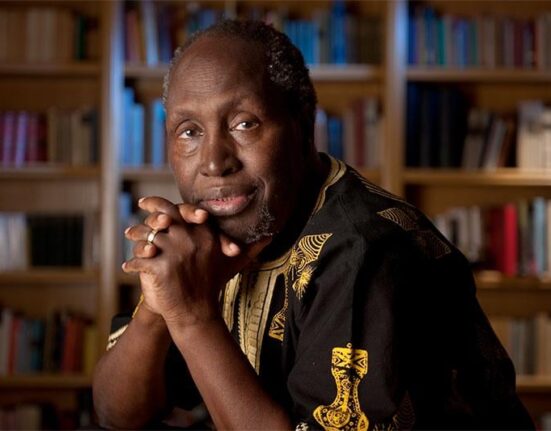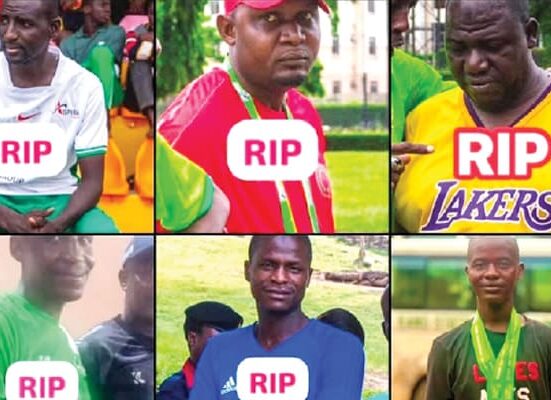Many Nigerians seem to have a selective memory when it comes to assessing the state of their country and assigning blame for its challenges. Bayo Onanuga, the Special Adviser to President Tinubu on Information and Strategy, recently highlighted this phenomenon as he observed a tendency among his fellow citizens to attribute all of Nigeria’s problems to President Bola Tinubu. This trend has become particularly pronounced as the nation reflects on the Tinubu administration’s two-year anniversary.
In a time where critical evaluation and introspection are crucial for national progress, Onanuga’s remarks shed light on a broader issue of collective amnesia and misplaced accountability within Nigerian society. Rather than engaging in nuanced discussions about the complex web of historical, political, and socio-economic factors that have shaped the country’s current reality, many individuals opt for a simplistic narrative that places the burden of responsibility squarely on one individual.
It is essential for us to remember where we started as a nation and acknowledge the multifaceted nature of our challenges. Blaming a single figure for the entirety of Nigeria’s problems is not only inaccurate but also hinders our ability to address systemic issues effectively.
To truly understand the intricacies of Nigeria’s present circumstances, it is imperative to delve into the rich tapestry of its past. From colonial legacies to post-independence struggles, the country’s history is replete with moments of triumph and tribulation that have collectively shaped its trajectory. By contextualizing contemporary challenges within this historical framework, we gain a more comprehensive perspective that transcends individual personalities and highlights structural deficiencies that require collective remediation.
Examining the root causes of Nigeria’s socio-political and economic dilemmas demands a holistic approach that considers the interplay of factors such as governance, corruption, infrastructure, and social inequality. Merely scapegoating a single leader oversimplifies the complex reality we face.
Moreover, the propensity to assign blame without critically evaluating the broader context undermines the potential for constructive dialogue and collaborative problem-solving. Instead of engaging in meaningful discourse that fosters unity and progress, the culture of misplaced blame perpetuates division and impedes the nation’s ability to forge a shared vision for the future.
Our collective amnesia and penchant for finger-pointing not only hinder our present but also jeopardize our prospects for a sustainable and inclusive future. It is imperative that we move beyond the limitations of short-term memory and embrace a more nuanced and informed approach to nation-building.
As Nigeria navigates the complexities of its socio-political landscape, it is essential for individuals across all sectors of society to cultivate a culture of accountability, empathy, and critical thinking. By transcending the confines of narrow perspectives and embracing a more holistic understanding of the challenges at hand, we pave the way for meaningful progress and sustainable development.
Ultimately, the path to a brighter future for Nigeria lies in our collective ability to remember, reflect, and take proactive steps towards addressing systemic issues. Blaming one individual for the nation’s woes is a futile exercise that detracts from the larger goal of fostering a prosperous and inclusive society for all.
In conclusion, Bayo Onanuga’s insights serve as a poignant reminder of the importance of historical consciousness, critical analysis, and collaborative engagement in shaping Nigeria’s trajectory. By moving beyond the limitations of selective memory and embracing a more nuanced approach to nation-building, we have the opportunity to transcend divisive narratives and forge a path towards a more equitable and resilient future for all Nigerians.









Leave feedback about this